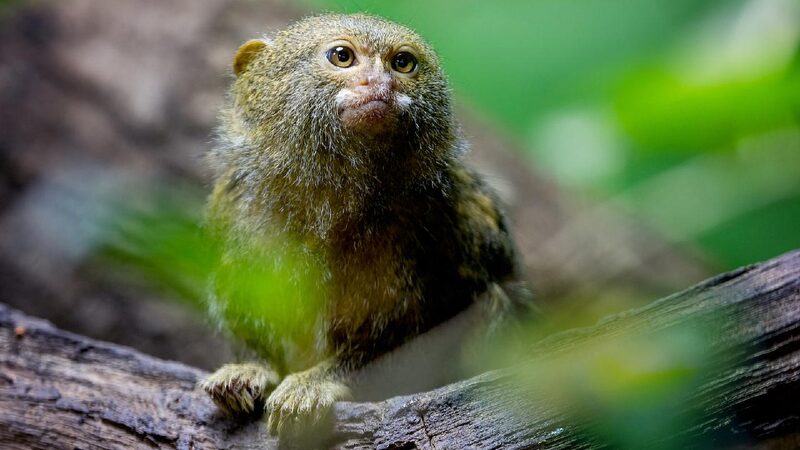Global efforts to protect nature hit a stumbling block as wealthy nations reeled back financial commitments at the 16th United Nations Biodiversity Summit (COP16) in Cali, Colombia. Delegates failed to reach an agreement on mobilizing the pledged $200 billion annually for conservation by 2030, including $30 billion from rich countries.
The funding, initially promised two years ago under the Kunming-Montreal Global Biodiversity Framework, was meant to boost activities like sustainable farming and wildlife protection. However, negotiations extended beyond the scheduled end, and with many delegations departing, the summit was suspended without a consensus.
“We’re facing a critical moment for global biodiversity,” said UN Secretary-General Antonio Guterres. “Immediate and significant contributions are essential to halt the crisis threatening millions of species.”
Human activities such as deforestation, mining, and urban expansion have placed approximately one million plant and animal species at risk of extinction. Climate change exacerbates these threats by altering weather patterns and increasing global temperatures.
Developed nations signaled reluctance to offer substantial new funds. European countries like Germany and the Netherlands have reduced foreign aid budgets, with overall government spending on international nature conservation dropping from $4.6 billion in 2015 to $3.8 billion in 2022, according to the Organisation for Economic Co-operation and Development.
At COP16, contributions to the Global Biodiversity Framework Fund totaled only $400 million, far short of the $30 billion annual target. The United States, not a party to the convention, has not contributed directly, though a State Department spokesperson noted that the U.S. supports biodiversity efforts through other channels, providing close to half a billion dollars annually since 2022.
In a move to tap into private funding, delegates agreed on a plan to charge pharmaceutical and other companies for using genetic information in developing new products. While experts estimate this could generate about $1 billion annually, industry leaders expressed concerns. An AstraZeneca spokesperson stated that such payments could “stifle innovation and delay research and development.”
Marcos Neto, director of global policy at the UN Development Program, emphasized the need for innovative financial solutions. “We must find ways to entice private investment into nature-friendly projects,” he said. Instruments like green bonds and debt-for-nature swaps, which could potentially generate $100 billion, are being considered.
The urgency is clear as countries prepare to meet again at the upcoming UN Climate Summit (COP29) in Azerbaijan. The focus will once again be on securing the necessary funds from wealthy nations to aid poorer countries in addressing climate and biodiversity challenges.
Reference(s):
cgtn.com








